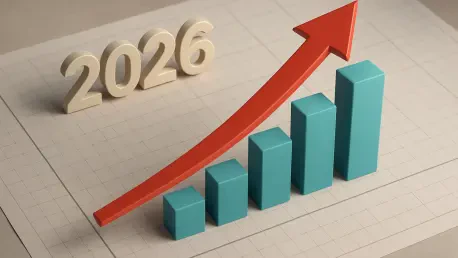
In a global environment marked by geopolitical friction and policy uncertainties that would have been difficult to envision just a few years ago, the world economy demonstrates a surprising degree of resilience. This underlying strength, which characterized much of 2025, is projected to persist

Despite persistent whispers of economic downturns that have echoed through financial markets since 2022, the current landscape paints a surprisingly robust picture, challenging the cautious consensus. The narrative of an impending recession seems increasingly disconnected from reality, as key

A landmark free trade agreement has dramatically reshaped the competitive landscape of India's vast automotive sector, handing European automakers a long-sought strategic advantage over their American counterparts. The comprehensive deal, hailed as the "mother of all deals," centers on a radical

A Tale of Two Markets: Earnings Reports Drive a Wedge in Europe On a "super Thursday" dominated by a flood of corporate earnings, European markets painted a picture of sharp division. The session ended with the pan-European Stoxx 600 index down, but this headline figure masked a turbulent

While the Federal Reserve is set to convene its policy-making committee, the actual decision on interest rates has become the least interesting part of the story, with a broad consensus pointing toward no immediate change. The official announcement is widely seen as a non-event, a mere formality in

The Fed Hits Pause: Why the Central Bank's Wait and See Approach Matters The United States Federal Reserve has decisively shifted its monetary policy into a holding pattern, concluding a recent period of easing and signaling a more patient, data-dependent stance for the foreseeable future.